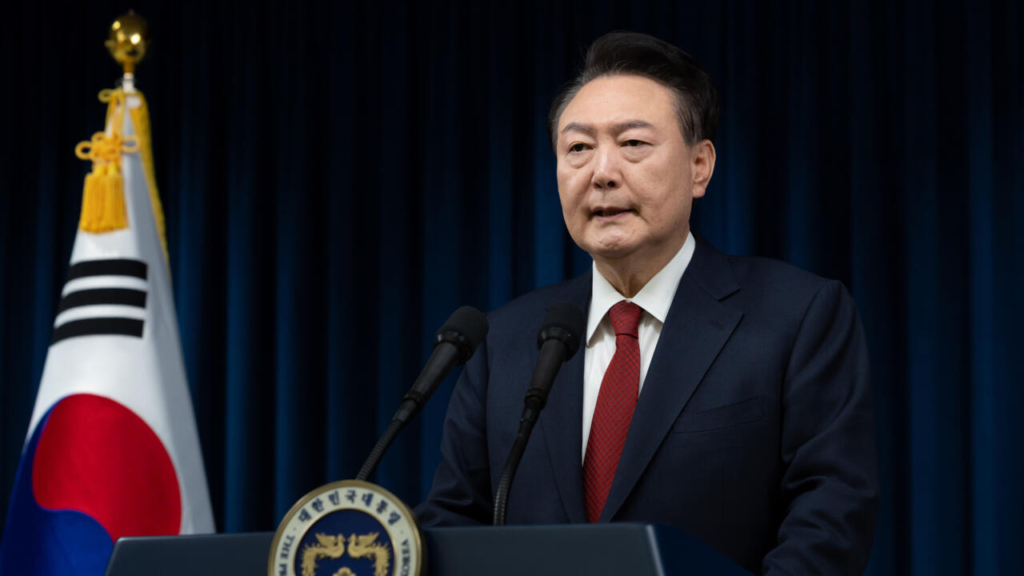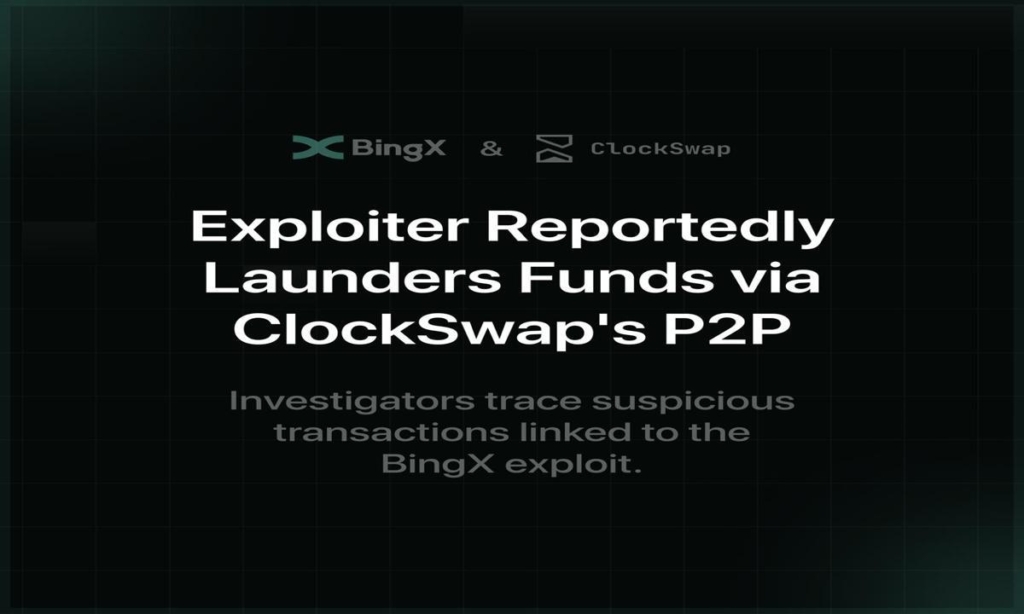Last Tuesday, South Korea went through a major political change when President Yoon Suk Yeol briefly declared martial law, which surprised many people in the country.
The declaration was quickly taken back, but it caused a lot of uncertainty that negatively impacted the stock and cryptocurrency markets. The Kospi index dropped by 2%.
Major companies like Samsung and LG Energy Solution saw declines of 1% and 2.8%, respectively. The government announced a nearly $7 billion market boost to help stabilize the situation.
The cryptocurrency market experienced a big increase in trading volume, hitting a record $34.2 billion, which is almost double the previous high of $18 billion in December. Upbit, the top crypto exchange in South Korea, made up $27.25 billion of this activity, showing its strong position in the market.
During martial law, Bitcoin’s price dropped to 88 million won ($62,182) as traders panicked, leading to outages on some trading platforms. After martial law was lifted, Bitcoin’s value started to go up again.
The sudden end of martial law has faced criticism, with opposition parties thinking about treason charges and talking about impeachment. This event shows how South Korea’s financial markets, especially the cryptocurrency sector, can be affected by political instability.
By Wednesday, things had settled down, but the events worried analysts and betting markets, leading to more predictions about President Yoon possibly resigning early. This episode shows how quickly political events can upset financial systems, even in advanced economies.



